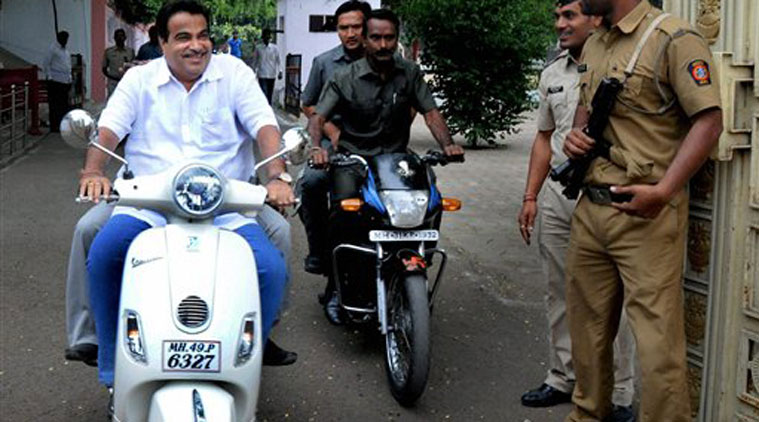
"Its a fan." "Its a Wall." "Looks like a rope to me.""Are you on opium?"
The Muslim slum dwellers in Agra, fighting poverty and despicable conditions, gave in to the incentives of BPL and Aadhar cards. The furore it created, halted the planned event in Aligarh. But they didn't stop. The mother of two girls who reconverted to Hinduism in Kerala, admitted that they opted for it to gain back their SC status which was denied to them as Christians. Orisssa. Valsad, Gujarat. Surprisingly, in Punjab, the reconversions are not only happening to bring the 'misled' converts back to Hinduism, but also into the Sikhism fold. The Dharma Jagaran Samiti, delgated the task of VHP, after the latter got involved more in the Ram Mandir issue, has been mostly carrying out these ceremonies along with its sister organisations since quite some time.

http://s1.firstpost.in/wp-content/uploads/2014/12/mohan-bhagwat-rss-pti.jpg
RSS chief Mohan Bhagwat's controversial 'theif' comments , daring the opposition to bring out an anti-conversion law, later mirrored by Arun Jaitley, giving the choice between 'anti-conversion law' and a law against 'forceful conversions' is a 'Catch 22' situation. The RSS claims that they are not converting anyone, they call it 'ghar wapasi' (a term coined by Mahatma Gandhi, according to BJP spokesperson Dr.Sambit Patra). So the anti-conversion law should not apply to them, forced or voluntary
The PM reprimanded his troupe in private by drawing the 'Laxman Rekha', but refused to come out publicly and talk against it in the parliament. Over which the opposition stalled the proceedings, affecting the passing of important bills like the insurance bill and coal bill
Article 25 (1) of the Indian Constitution says "all persons are equally entitled to freedom of conscience and the right to freely profess, practice and propagate religion". However in Rev. Stainislaus vs. State of Madhya Pradesh , the Supreme Court interpreted the article as a right to propogate, not proselytise, giving the states the power to monitor and regulate conversions. An anti-conversion bill is not relevant in such a situation, nor does it depict our democracy in a good light.
http://s2.firstpost.in/wp-content/uploads/2014/12/ghar-wapsi-PTI.jpg
Why is conversion or reconversion such a sensitive subject? It should be a personal matter. How did it turn into a social and political matter. History has evidence that conversions have happened in the past with coercion, allurement, deception and manipulation. But why not let bygones be bygones. True there are cases of 'rice Christians' who are converted for material gains given as allurement by the missionaries, (similar to the Agra Muslims reconversions) but its being criticsed by World Council of Churches. And for that matter, is there a concept of conversion in Hinduism (not Hindutva). What it reflects is an insecurity in the minds of the right wing outfits. It is definitely disturbing the secular fabric of out country, or should one call it 'sickular'? 'Pseudo-secular'? For the word from our 'Preamble' has got a bad name in the present scheme of things.
Should the Hindus start mass conversions to other religions, to revolt against this? But it would be difficult to choose a religion, as all of them are beautiful, when not distorted by their respective fundamentalists. Religion is only a vehicle that is meant to take you to 'truth'. An eye for an eye could make everyone blind. Neither would it stop the Grinch from stealing Christmas from the kids under the garb of 'Good Governance Day'.
No society can survive without a broad, all encompassing outlook. The beauty of our country is its diversity, its plurality, lest we forget it. When the 'I' thinks to the point that there is no thought, the elephant suddenly becomes visible.




 http://www.thehindu.com/opinion/op-ed/learning-from-nrega/article6342811.ece?ref=relatedNews
http://www.thehindu.com/opinion/op-ed/learning-from-nrega/article6342811.ece?ref=relatedNews